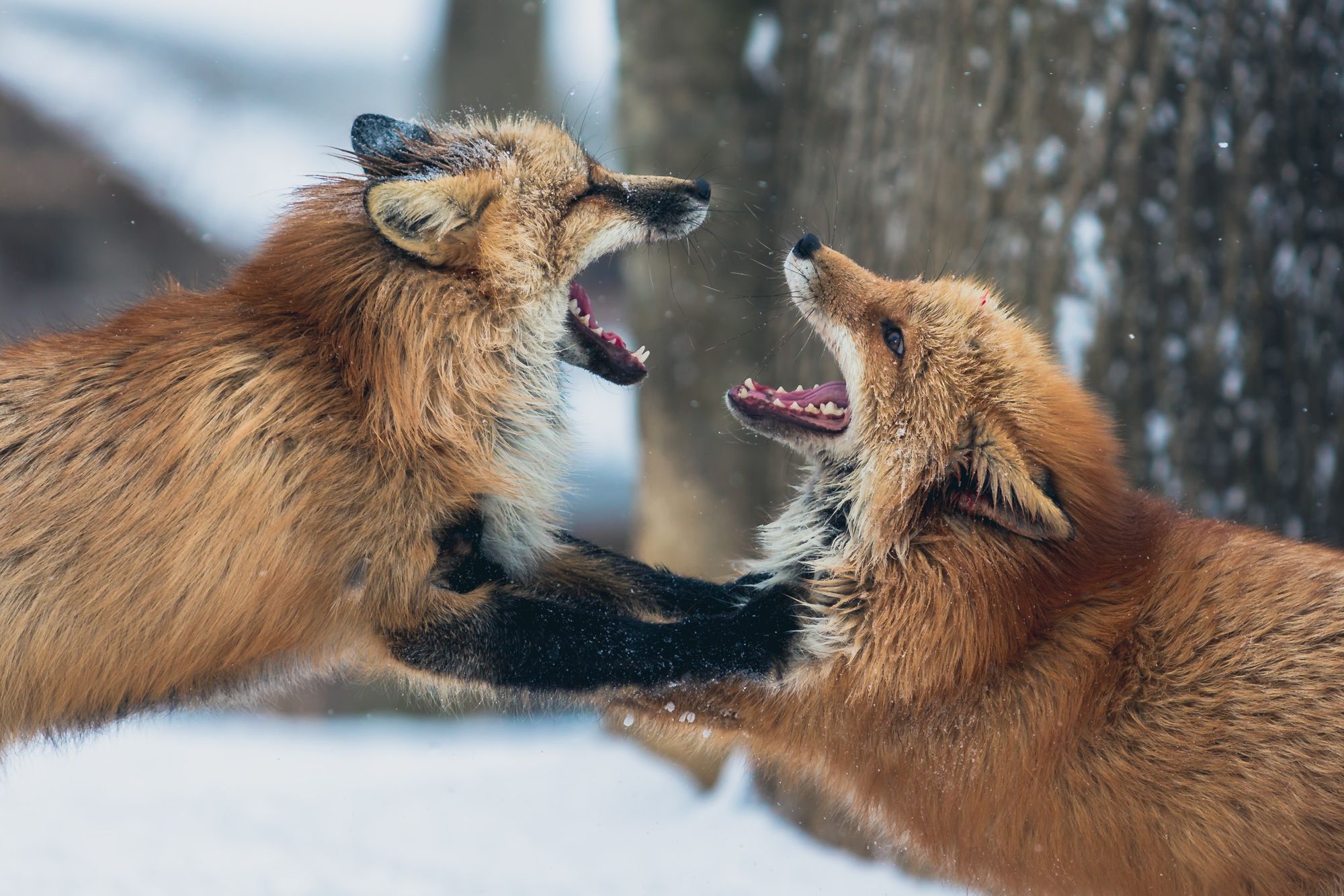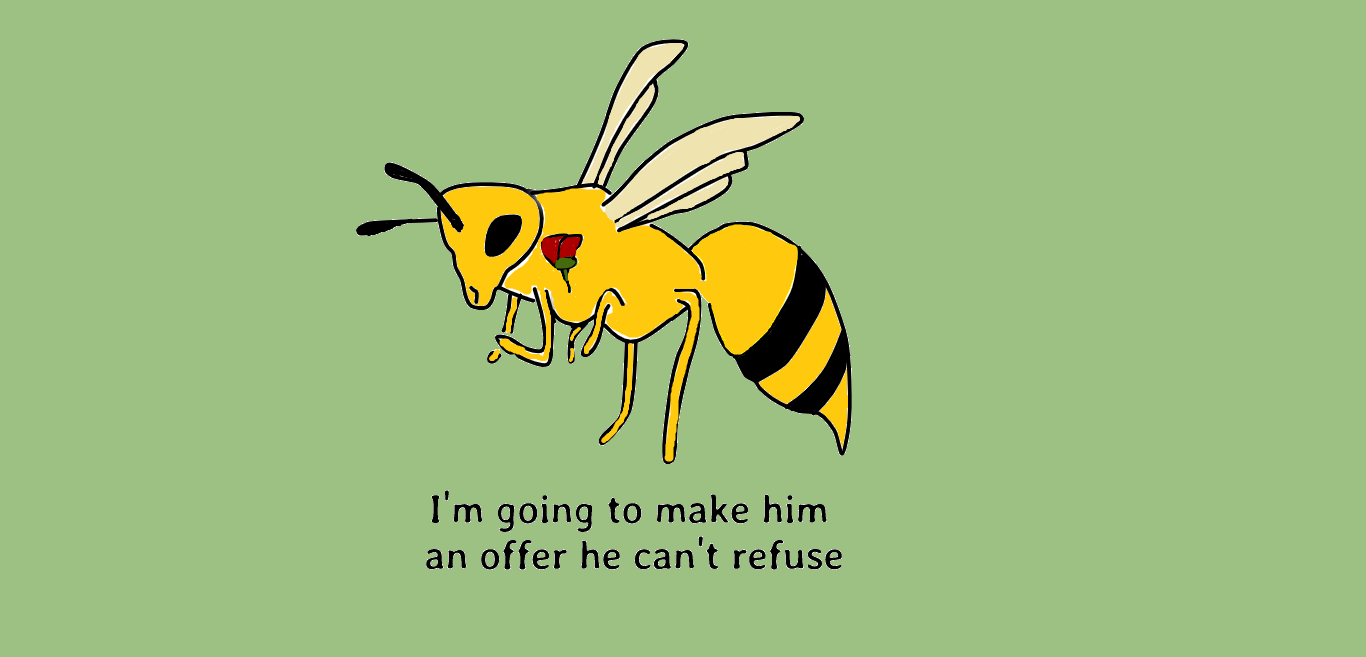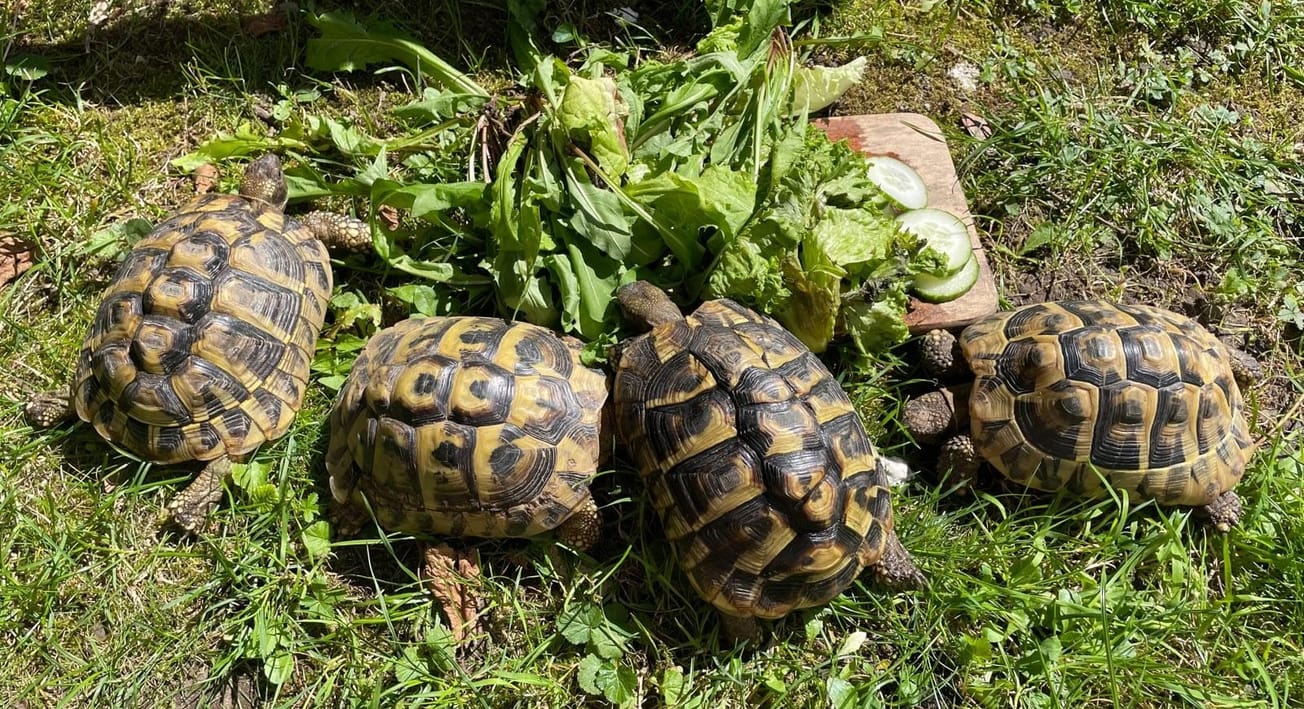By Nicky Kobayashi-Boyd, Third Year Biology
Researchers from the University of Bristol have released a study that suggests animals deliberately risk their lives to blackmail relatives into giving them extra help. Dr Patrick Kennedy and Prof Andy Radford argue that the apparent harmony between members of a family may be due to sly coercion.
Altruism is when someone acts in a way that benefits someone else at a personal cost. It is easy to see altruistic actions as exclusive to humans, and it is a fascinating phenomenon in itself. But what is even more paradoxical is how well-documented altruism is in the animal kingdom. How can selflessness be compatible with the survival-of-the-fittest, rule of the jungle we understand as evolution?
In the 1960’s, William Hamilton concluded that altruism lies in an innate need to protect your own family, and to have as many copies of your personal DNA into the gene pool as possible. He deftly theorised the benefit of altruism into a simple equation: rB > C. The number of genes shared between the do-er and the recipient (r) and the benefit the recipient would receive (B) must be bigger than the personal cost (C).
In other words, why someone might jump into a river to save a brother or sister is because we share about half of our genes with our siblings. That sibling has to survive drowning to then have children and pass on those shared genes. The altruistic action of jumping into the river is a self-sacrifice, but in the grand scheme of things, it would allow our DNA to survive through generations.

Hamilton’s paper is now one of the most cited in the field of evolutionary biology. However, the mathematical parameters show that an individual animal may not always jump into the hypothetical water. In a more realistic sense, the animal may not always risk its food, energy, and resources to help a relative, if the benefit is not great enough to justify the sacrifice.
In the study, recently published in The American Naturalist, researchers manipulated simple models to show that animals can extort altruistic actions from relatives that would otherwise fail Hamilton’s mathematical rule. Dr Kennedy and Prof Radford, both members of the University’s School of Biological Sciences, propose that animals may exploit Hamilton’s rule to make a reluctant relative more dependent on the recipient. As co-author Prof Radford phrases it: ‘Animals might increase their value to kin by acting in a way that puts shared genes in jeopardy if relatives fail to help’.
Coercion has been a recorded aspect of many familial interactions. Carpenter bee mothers purposely provide their first daughters with barely enough pollen to curb starvation. This means the daughters are unlikely to successfully reproduce, forcing them to stay in the mother’s nest and care for the rest of the brood.
This form of family blackmail was first posed by evolutionary biologist Amotz Zehavi. He theorised kin blackmail to explain why bird fledglings scream at their parents for food: the fledglings purposely make their location known to predators and can only be silenced by the parents giving them food. The parent bird is forced to give more food than it would like, as the death of the fledgling only results in the loss of those crucial shared genes.
The structure of moth wings reveals the secret to how they outsmart bats
New Bristol study helps narrow down life's evolutionary timeline
Dr Kennedy, the lead author, relates blackmail to a ‘Doomsday device’. A trope littered in science fiction, this device triggers a highly destructive attack if the enemy attacks first. ‘If animals can tie more of their own survival or reproductive success to a partner’s behaviour, they can make a threat of self-sabotage credible.’
The research team have given a compelling argument that, under the right conditions, blackmail between relatives can evolve. Individuals manipulate their family members into giving them what they want by putting one of the crucial aspects of life at stake – our genes. This is definitively the ‘offer you can’t refuse’.
Featured image: Nicky Kobayashi-Boyd







